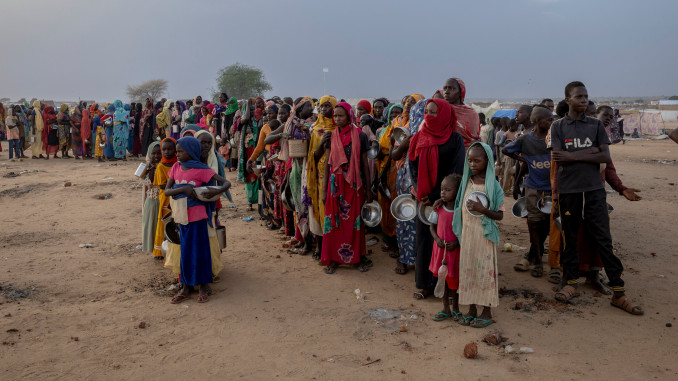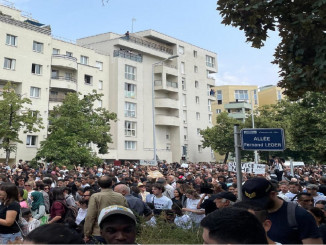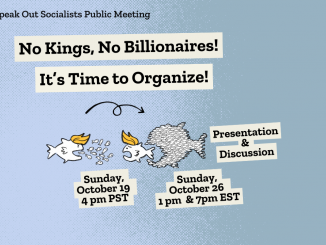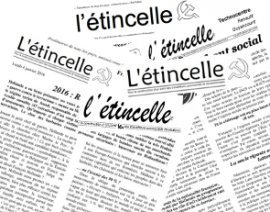
One of the worst humanitarian crises on the planet is happening right now in Sudan and most of us living in the United States have barely heard a word about it. While no one knows for certain, an estimated 150,000 people have been killed since April of 2023 while another 400,000 are currently threatened with starvation. Millions have been forced from their homes into neighboring countries like Chad, Ethiopia and South Sudan, putting pressures on those societies. Entire cities have been wiped out. In the western region of Darfur, the destruction is so severe that the bloodshed is now visible from space. For many experts, the scale of the massacre is the closest thing to the 1994 Rwandan genocide.
The war today is between two armed forces that once worked together and shared power: the Sudanese Armed Forces (SAF) and the Rapid Support Forces (RSF). The RSF is a paramilitary force that is notably made up of the remnants of the former Janjaweed militia that had carried out brutal atrocities in Darfur in the 2000s. Coming out of the revolution of 2019 that overthrew the dictator, Omar Al-Bashir, the brief experiment with civilian rule and democracy didn’t last long as both the SAF and RSF organized a coup in 2021 to institute military rule. But since April of 2023, these militias are fighting each other to decide who controls the country. What these two military factions are fighting for is who controls its massive natural resources. The RSF in particular has been linked to indiscriminate brutal genocidal attacks against the Masalit ethnic group. Sudan holds one of the largest gold reserves in Africa. Whoever has access to the mines and the routes to move that gold, which has become immensely more valuable recently, controls vast wealth.
But this wealth doesn’t go to feed people, fund schools, or build hospitals. Instead, it is used to buy weapons, purchase loyalties, and increase the fortunes of those in command. In fact, while the violence and bloodshed has disrupted the lives of countless people, the flow of billions of dollars of gold out of Sudan has not stopped at all.
While there are different factions within the Sudanese elite that would like to come out on top of the conflict, to simply call the current conflict a “civil war” misses the massive role that other countries play in the conflict. Foreign powers are also playing a major role in keeping this war alive. Russia has been reported to offer support and deals to both sides at different times, trying to secure access to Sudan’s gold and military ports. Egypt and Saudi Arabia both provided some support for the SAF. But the country most deeply involved is the United Arab Emirates, a top U.S. ally. The UAE has funneled weapons and money to the RSF, providing the necessary resources for this war to continue. Despite this, the U.S. continues to sell billions of dollars in weapons to the UAE. So, while American officials talk about peace, they are indirectly fueling this brutal war.
The UAE’s actions, including its decision to intervene in Sudan, is nothing else than following the brutal logic of global capitalism. A huge amount of Sudan’s gold is smuggled out and refined in Dubai, where it’s laundered into the legal market. By supporting the RSF, the UAE is securing the flow of resources and gaining a foothold in a strategic country.
The result is a nightmare for the Sudanese people. In regions like Darfur, civilians are being forced to flee with only what they can carry, if they manage to escape at all. Hospitals are being destroyed with patients inside, farms are burned, and humanitarian aid is blocked from reaching the starving. The suffering is intentional and systematic.
The violence in Sudan is not accidental. It is a product of a world where violence and genocide are profitable. In the global economy, how much gold is a Sudanese person’s life worth? The governments and corporations that benefit from this will never be the ones to end the system that brings about such vicious violence. True peace requires that we build a different world, one centered around human well-being rather than the profits of a few.




